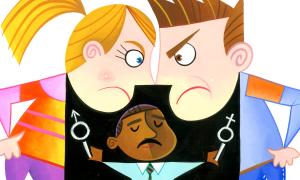article
By Virtue of Being Human
December 10, 1998, marked the 50th anniversary of the Universal Declaration of Human Rights (UDHR). Classrooms around the country participated in a yearlong commemoration by exploring human rights issues across the curriculum.



